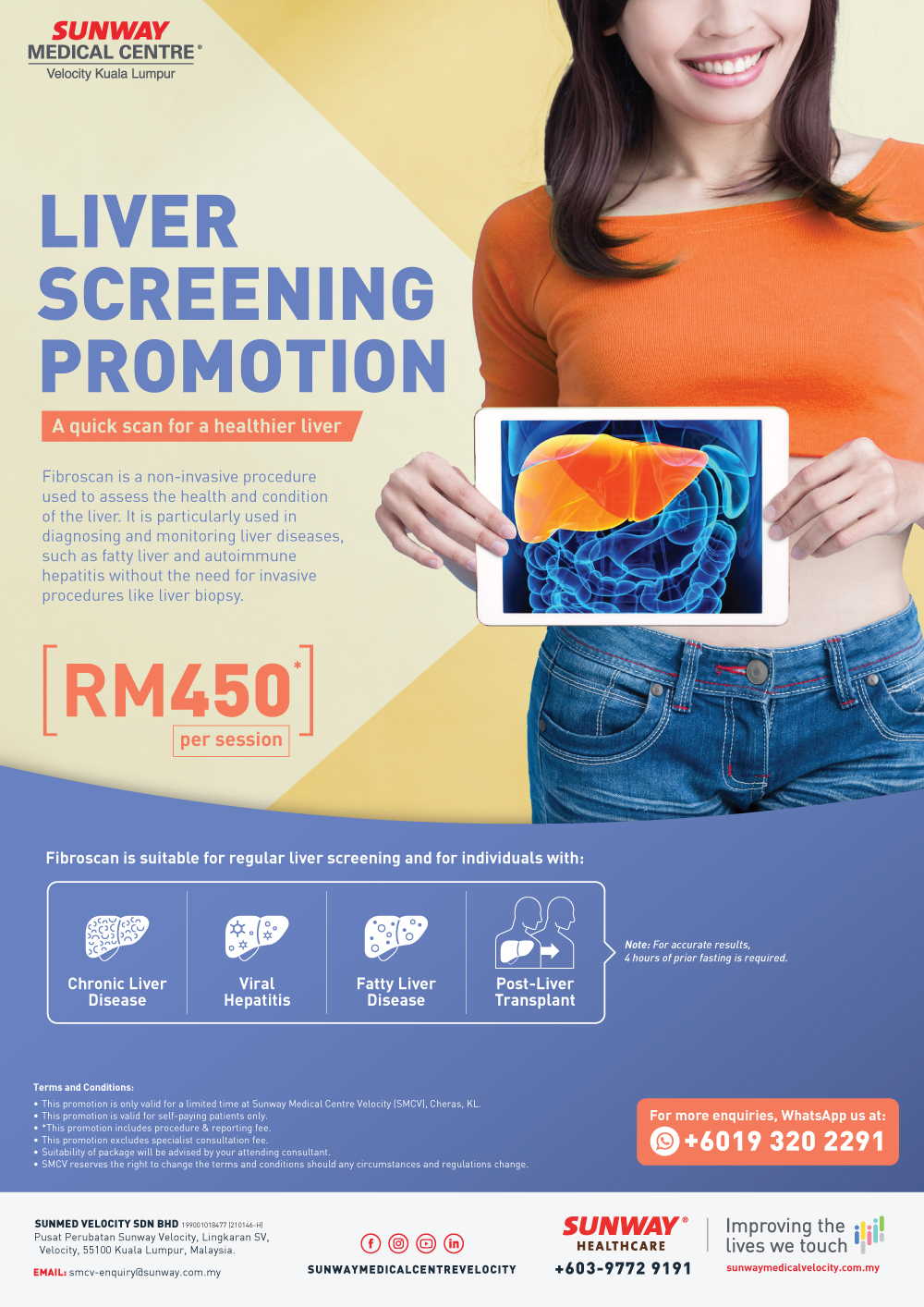Digestive Health Centre
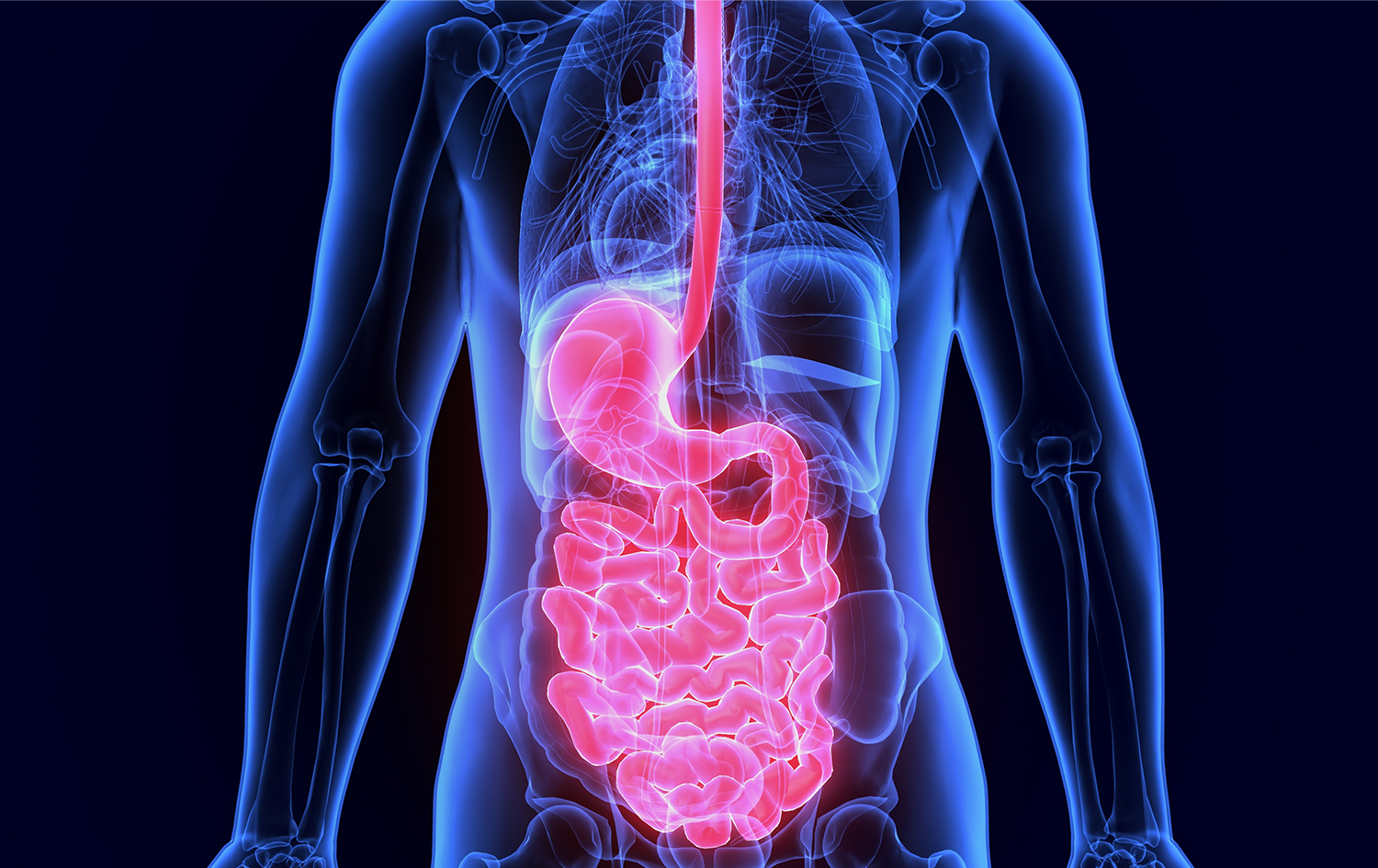
Our Digestive Health Centre provides comprehensive care for conditions affecting the digestive tract, liver, pancreas, and biliary system.
Combining the expertise of gastroenterology and hepatology, our multidisciplinary team manages a wide range of conditions—from acid reflux and irritable bowel syndrome (IBS) to hepatitis and fatty liver disease. With advanced diagnostics and personalised treatment plans, we are committed to supporting your journey toward better digestive health.
Our Advanced Procedures
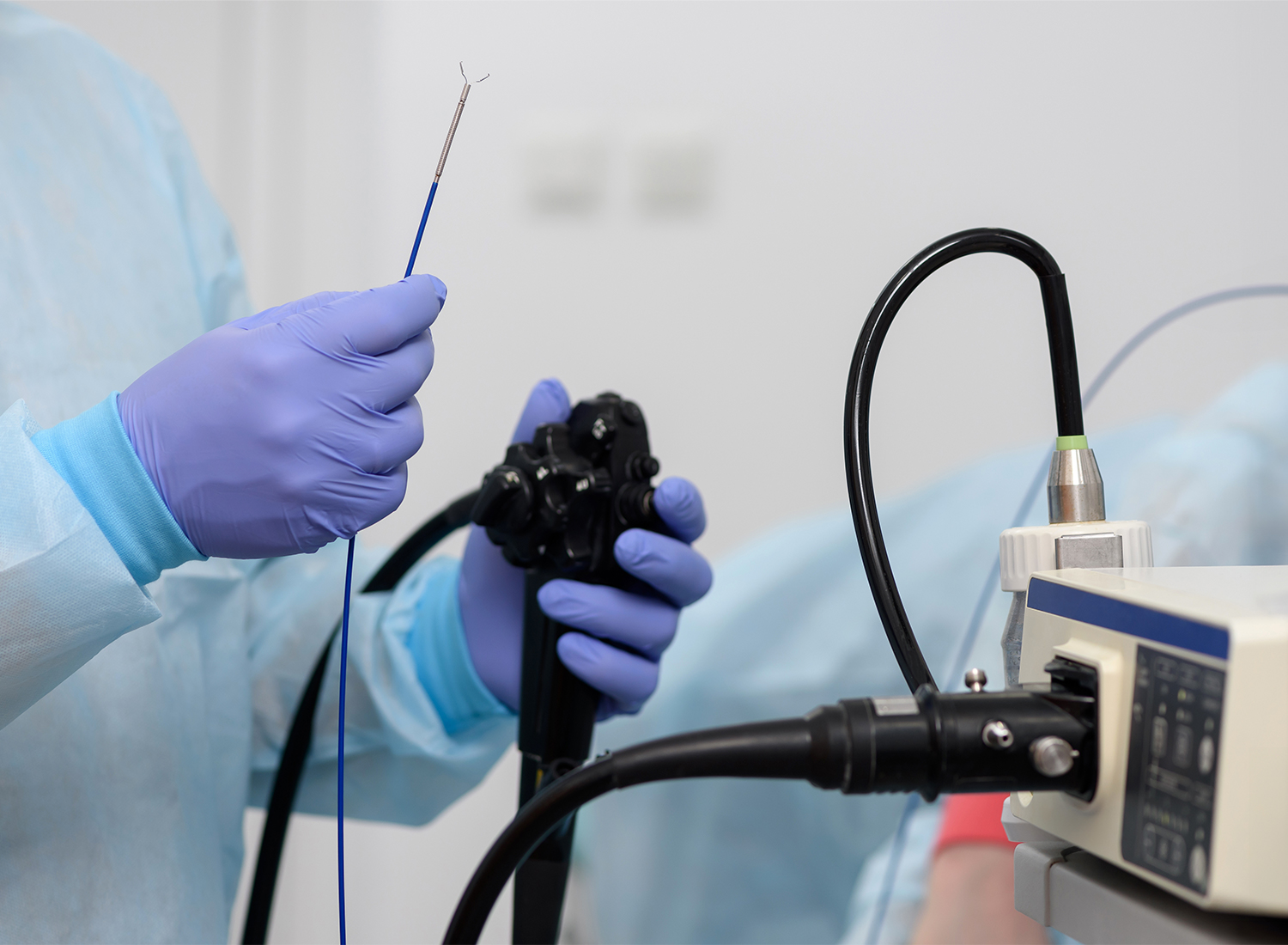
Gastroscopy
A non-invasive procedure to examine the oesophagus, stomach, and upper part of the small intestine.
read more →A non-invasive procedure to examine the oesophagus, stomach, and upper part of the small intestine.
Used to diagnose conditions such as gastritis, ulcers, and other stomach-related issues.
read Less <<
Colonoscopy
A minimally invasive procedure to examine the large intestine and rectum. Helps detect polyps, inflammation, and colon cancer.
read more →A minimally invasive procedure to examine the large intestine and rectum. Helps detect polyps, inflammation, and colon cancer.
read Less <<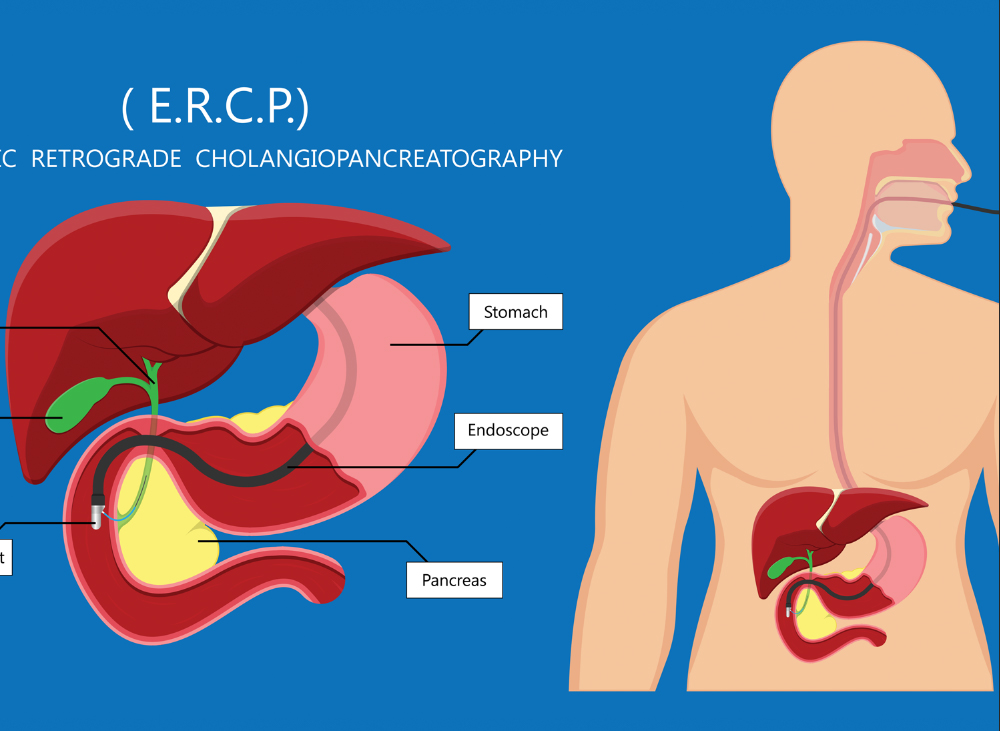
Endoscopic Retrograde Cholangiopancreatography (ERCP)
A specialised procedure combining endoscopy and X-ray to diagnose and treat bile duct and pancreatic conditions.
read more →A specialised procedure combining endoscopy and X-ray to diagnose and treat bile duct and pancreatic conditions.
Commonly used for gallstones, bile duct obstructions, and pancreatitis.
read Less <<
Fibroscan
A non-invasive test to assess liver health by measuring stiffness and detecting fibrosis or fatty liver disease.
read more →A non-invasive test to assess liver health by measuring stiffness and detecting fibrosis or fatty liver disease.
Ideal for monitoring conditions like hepatitis or liver cirrhosis.
read Less <<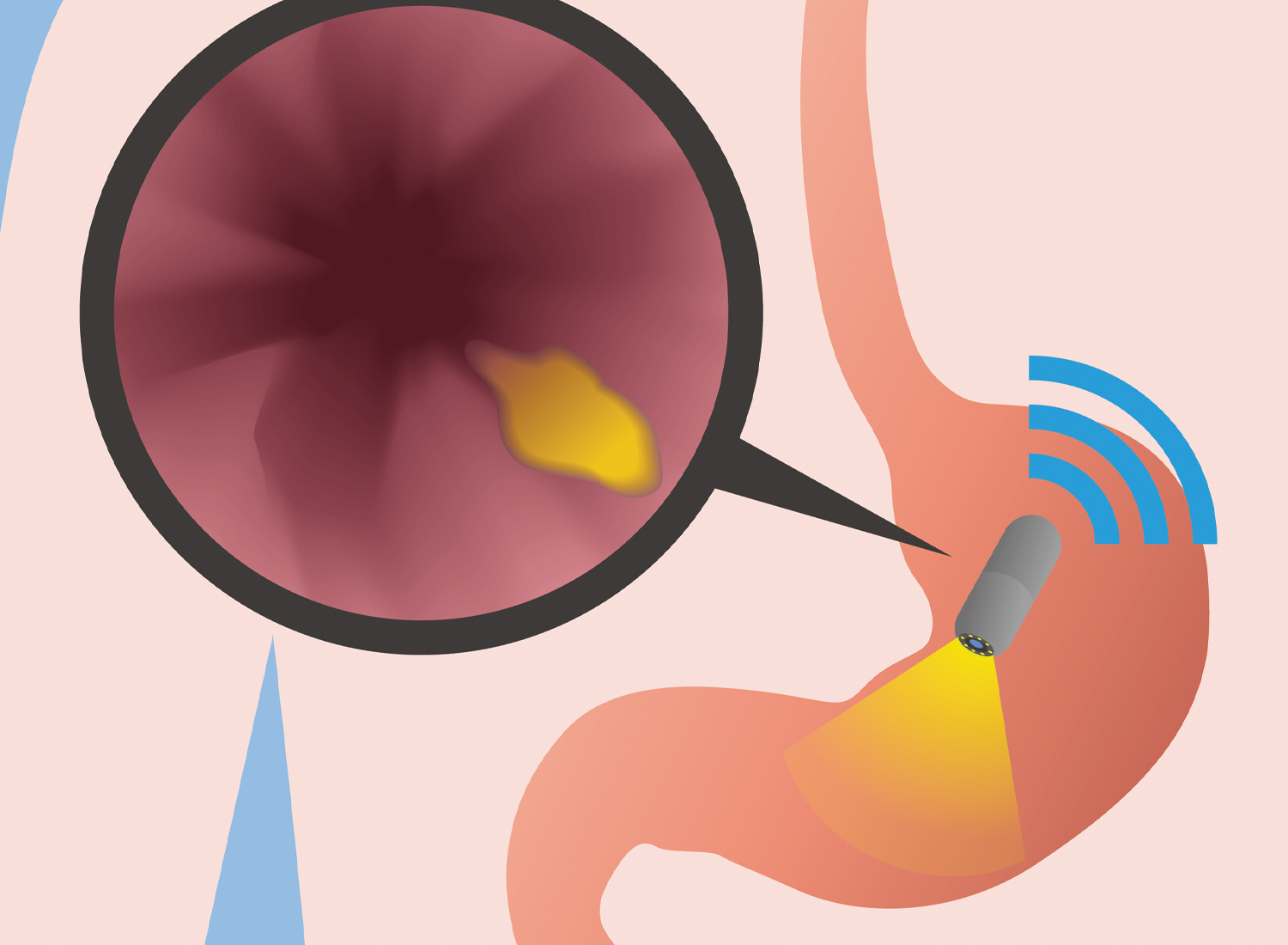
Video Capsule Endoscopy
A non-invasive technique using a small, ingestible camera capsule to capture detailed images of the small intestine.
read more →A non-invasive technique using a small, ingestible camera capsule to capture detailed images of the small intestine.
Used for diagnosing bleeding, Crohn’s disease, and other conditions not visible through traditional endoscopy.
read Less <<
Hepatobiliary Medicine
Specialised care for liver, pancreas, and biliary tract disorders. Includes procedures like liver biopsy and imaging for bile duct and pancreatic health.
read more →Specialised care for liver, pancreas, and biliary tract disorders. Includes procedures like liver biopsy and imaging for bile duct and pancreatic health.
read Less <<Signs and Symptoms for Gastroenterological Conditions
GERD is a chronic condition where stomach acid frequently flows back into the oesophagus, leading to symptoms such as heartburn, regurgitation, and discomfort. Over time, repeated exposure to stomach acid can cause damage to the oesophageal lining, leading to complications such as oesophagitis, Barrett’s oesophagus, or even oesophageal cancer. Prompt management with lifestyle changes, medications, or endoscopic treatments can alleviate symptoms and prevent progression.
IBD encompasses Crohn's disease and ulcerative colitis, which are characterised by chronic inflammation of the gastrointestinal (GI) tract. Symptoms include:
- Abdominal pain: Persistent and often severe.
- Diarrhoea: Sometimes mixed with blood or mucus.
- Fatigue and weight loss: Due to malabsorption of nutrients.
These conditions require long-term medical management and, in some cases, surgical intervention to alleviate symptoms and prevent complications such as intestinal strictures or fistulas.
Hepatitis B and C are viral infections that attack the liver, leading to inflammation and damage. Without early detection and treatment, these infections can progress to:
- Cirrhosis: Scarring of liver tissue, reducing liver function.
- Liver cancer: Hepatocellular carcinoma (HCC).
Effective antiviral therapies are available to manage these conditions and reduce the risk of long-term complications. Vaccination can prevent Hepatitis B, while Hepatitis C is curable with modern antiviral treatments.
Non-alcoholic fatty liver disease (NAFLD) is increasingly common, often associated with obesity, diabetes, or high cholesterol. Key symptoms and risks include:
- Liver inflammation: Can lead to scarring (fibrosis) or non-alcoholic steatohepatitis (NASH).
- Progression to cirrhosis: In severe cases, leading to liver failure.
Lifestyle modifications, including weight loss, regular exercise, and a healthy diet, play a critical role in managing this condition.
This bacterial infection in the stomach is a leading cause of gastritis and peptic ulcers. Common symptoms include abdominal discomfort, bloating, and nausea. Untreated H. pylori infections can increase the risk of stomach cancer. Treatment typically involves a combination of antibiotics and acid-suppressing medications to eradicate the infection and promote healing.
Gastrointestinal cancers, such as oesophageal, stomach, colon, and rectal cancers, are often silent in their early stages but can present with symptoms like:
- Unexplained weight loss
- Changes in bowel habits (constipation or diarrhoea)
- Bleeding: Either visible in stools or as hidden blood detected during tests.
Early detection through regular screenings like colonoscopy can significantly improve outcomes.
The pancreas plays a vital role in digestion and blood sugar regulation. Pancreatic disorders include pancreatitis (inflammation) and pancreatic cancer. Symptoms to watch for include:
- Upper abdominal pain: Often radiating to the back.
- Jaundice: Indicative of bile duct involvement.
- Digestive issues: Such as malabsorption or fatty stools.
Management may involve dietary changes, enzyme supplements, or surgery in severe cases.
When Should You See a Gastroenterologist or Hepatologist?
Chronic or recurring abdominal pain and bloating can indicate various gastrointestinal conditions. For instance:
- Gastritis: Inflammation of the stomach lining, often triggered by Helicobacter pylori infection, stress, or certain medications like NSAIDs.
- Inflammatory Bowel Disease (IBD): Conditions such as Crohn's disease or ulcerative colitis, which cause persistent inflammation in the digestive tract, leading to pain, cramping, and bloating.
- Irritable Bowel Syndrome (IBS): A motility disorder affecting the intestines, causing discomfort, bloating, and irregular bowel habits.
These symptoms may range from mild to severe and require a thorough evaluation to identify the underlying cause and provide appropriate treatment.
Heartburn and acid reflux, hallmark symptoms of gastroesophageal reflux disease (GERD), occur when stomach acid flows back into the oesophagus. Left untreated, GERD can lead to:
- Oesophagitis: Inflammation of the oesophageal lining, causing pain and difficulty swallowing.
- Barrett’s Oesophagus: A pre-cancerous condition where the lining of the oesophagus changes due to prolonged acid exposure.
- Strictures: Narrowing of the oesophagus from scar tissue, which can obstruct swallowing.
Addressing these symptoms early through lifestyle changes, medications, or surgical interventions can prevent long-term complications.
Sudden or persistent changes in bowel habits, such as constipation, diarrhoea, or alternating patterns, can indicate underlying issues like:
- Irritable Bowel Syndrome (IBS): A functional disorder causing irregular bowel movements and discomfort.
- Inflammatory Bowel Disease (IBD): Conditions like Crohn’s disease or ulcerative colitis often lead to diarrhoea mixed with blood or mucus.
- Diverticulitis: Inflammation of small pouches in the colon, causing pain and changes in stool consistency.
Such symptoms should not be ignored, as they can sometimes signal more serious conditions like colorectal cancer.
Jaundice, characterised by yellowing of the skin and eyes, occurs due to elevated bilirubin levels in the blood. This can result from:
- Liver Disease: Conditions like hepatitis, cirrhosis, or fatty liver impair the liver’s ability to process bilirubin.
- Bile Duct Obstructions: Gallstones or tumours blocking the bile ducts prevent bilirubin from being excreted.
- Pancreatic Disorders: Pancreatic cancer can compress the bile ducts, leading to jaundice.
Jaundice often signals serious underlying conditions that require immediate medical attention.
Extreme fatigue can indicate the liver’s inability to perform its functions effectively, often accompanied by:
- Swelling: Fluid retention in the abdomen (ascites) or legs (oedema) due to reduced liver function or portal hypertension.
- Unexplained Weight Loss: Often linked to chronic liver diseases or malignancies.
- Confusion or Memory Issues: Hepatic encephalopathy, a condition caused by a build-up of toxins in the blood due to impaired liver function.
These symptoms warrant prompt evaluation to address potential liver diseases like hepatitis, cirrhosis, or liver cancer.
- Are aged 50 and above: Regular screenings like colonoscopy help detect colorectal cancer early.
- Have a family history of digestive or liver disorders: Genetic predispositions increase risk.
- Have risk factors like obesity, diabetes, or alcohol consumption: These elevate the likelihood of liver and pancreatic diseases.
Take the First Step Towards Better Health
With advanced technology, a compassionate team of specialists, and a comprehensive approach, Sunway Medical Centre Velocity is here to support your digestive and liver health journey.
Take control of your health today with expert care you can trust. Book an appointment with our specialists now!
Book An Appointment















